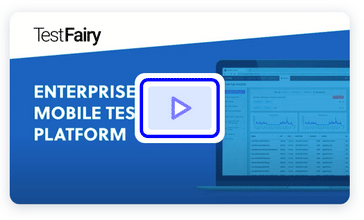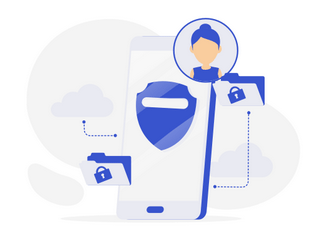
We’re honored and thrilled to host Enric Solà, Quality Innovation Manager at Central QA in King. Enric joined the company in very strange circumstances, having to work from home due to the COVID-19 pandemic. In the nine months at King, he still hasn’t visited the office where he is supposed to work from. Let’s hope that this will happen sometime soon
Nice to meet you Enric! What can you tell us about King?
King is a great place to work. Even in my situation, not having been able to meet everyone at the office face to face, I have had a warm, humble, and open welcome from all employees I have interacted with. Being part of this company is an honor and a privilege for me, there’s a great number of people that are so talented and you can just feel it when you talk to them. Moreover, we are reaching millions of players and giving them relaxing and joyful moments to escape the day-to-day and take a break from everyday challenges, and this is very important to all of us.
Let’s talk about your product. How is a new King product born? Is it just someone who has a new idea for a new game and they get a team around them to work on it, I guess it is more than that…
Well, I have only been at King for 7 months, but usually, it’s much more thorough and thought out than someone throwing out an idea and then a team working on it. There are many departments working together in doing market research, analyzing market trends, as well as data scientists, partnership teams, and many other people that are doing constant research in order to find out what could be the next hit. Based on surveys, research, tests, A/B features tested in already released games, etc, we follow the usual process of ideation, pitch an idea, prototype it and only when we know it can work the team starts to scale. Besides the creative part, there are multiple central teams that support the development of new games throughout the whole process, even after being released to live.

How long does it take to develop a game like your flagship games?
Developing a game, together with its marketing, monetization, and distribution campaign is not an easy thing. We don’t have fixed timelines, since creating a new game may vary depending on our roadmap, game genre, type of game, etc.
How does the team interact, do developers, art professionals, producers, are they all working around the same desk? Is there hierarchy?
Game teams are like small businesses within King itself. They are formed with all the needed team members: Devs, art/sound professionals, project and product managers, QA specialists, scrum masters, backend developers, etc. We do have some reporting lines, but game teams have strong ownership and their own resources, so they can operate quite independently.
What can you tell us about the technology and tools that you guys use to develop your products?
What amazes me most about King are the game engines and libraries that our games share among themselves. We have great engineers that have developed astonishing C++ libraries capable of running super complicated games and algorithms at speed, without draining your mobile battery. Besides, the game servers behind our games are based on the latest technologies, with scalability and performance strategies behind, allowing us to avoid leaving any player without service.
And last question for today, what brought you to TestFairy? Was there a specific challenge you had that needed a solution?
Our brand new department, created this year, called Quality Innovation & Development has a clear objective of increasing efficiency and improving processes in all areas. We want to focus our capabilities on more valuable and complex testing, and bug reporting was a process that we thought we could speed up with TestFairy.
We have integrated the TestFairy SDK in almost all our games in the pre-release builds. This way, if any team member is testing new features or just doing a sanity check and found a bug or an unexpected issue, they can report it to the related JIRA project of the game in 3 seconds, by shaking the device. And not only that, but the ticket created will include extra information such as the model name, OS, and version of the device used, as well as a video recording of the session and the steps to reproduce it. It’s amazing!
With TestFairy we are reporting bugs in our pre-release builds in a much more efficient way, saving us a lot of time per ticket. Moreover, developers receiving those tickets are working more efficiently as well, since they have plenty of attached information, recordings, and logs that help them in finding the cause and a possible solution in a faster way.
TestFairy has helped us a lot in the integration process, solving any issue that has arisen in our journey. Games are special apps with different requirements and the TestFairy team has adjusted their product to our needs super fast and in an efficient way.



